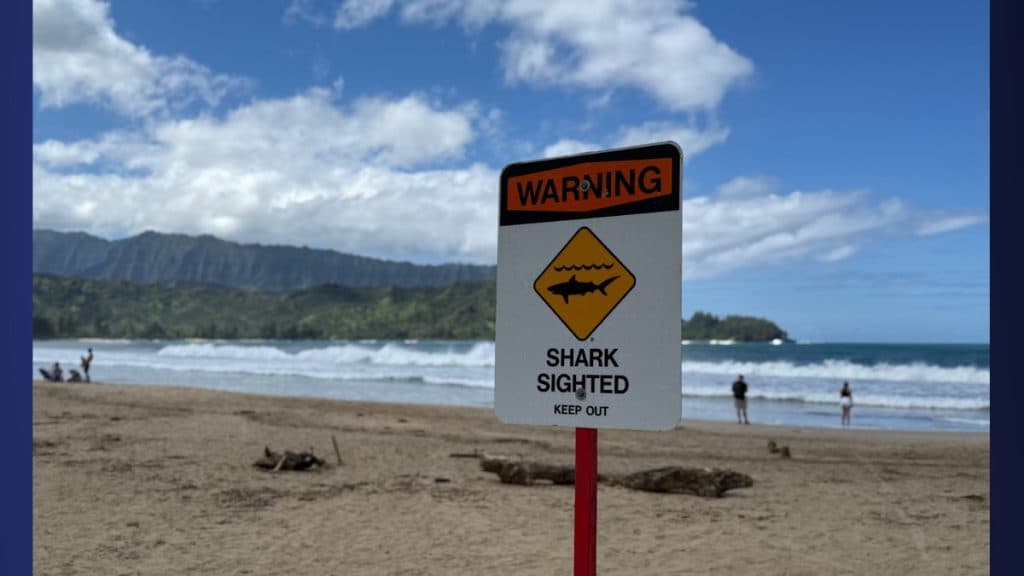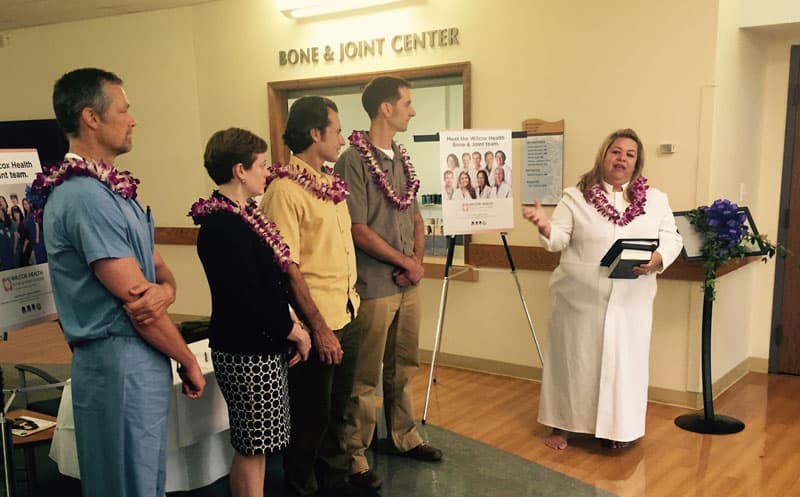Kaua‘i Lifeguard Severely Bitten by Shark, Community Responds
A 33 year old Kaua‘i Ocean Safety lifeguard was seriously injured in a shark attack while off duty surfing in Hanalei Bay on November 5. The incident highlights the critical role of local first responders, the challenges of accessing advanced trauma care from the neighbor island, and the financial and emotional toll on a tight knit community.
%3Amax_bytes(150000)%3Astrip_icc()%3Afocal(653x285%3A655x287)%2FChance-Swanson-shark-attack-111625-d4536e71479f4f68a36407ed58461ba2.jpg&w=1920&q=75)
Chance Swanson, a 33 year old Kaua‘i Ocean Safety lifeguard, was bitten by a shark while surfing off Hanalei Bay on November 5, according to reporting published November 16. The attack was sudden and brutal, and Swanson later described the sensation as "something is just chopping down on my leg with so much force." On duty lifeguards reached him on a rescue ski, applied a tourniquet while he remained in the water, and continued first aid until American Medical Response transported him to Wilcox Medical Center in Līhuʻe.
Treating providers cited in published reports said the bite severed a major artery and vein in Swanson’s left leg, causing significant blood loss. He underwent multiple surgeries at Wilcox and was later medevaced to Queen’s Medical Center on Oʻahu for advanced care. Doctors treating him conveyed guarded optimism about his recovery and rehabilitation potential.
The rapid response by Ocean Safety personnel and emergency medical crews was credited with saving Swanson’s life. For Kaua‘i residents, the episode is a stark reminder of how much the island relies on well trained first responders to stabilize traumatic injuries before medevac can move a patient to tertiary care on another island. The need to transfer patients for higher level care underscores long standing public health challenges for rural and island communities, where geography, transport logistics, and hospital capacity can mean the difference between limb saving care and permanent disability.
Swanson’s family has set up a GoFundMe to help defray medical expenses and related costs as he continues recovery. The fundraiser reflects a broader reality for many residents who face large out of pocket bills when complex care requires travel off island. Community fundraisers and informal support networks are common responses here, but they also point to gaps in financial protection and the intersection of emergency medicine and health equity.
Ocean Safety officials have reinforced safety messages for ocean users and praised the lifesaving actions of their crews. For residents and visitors who recreate in Kaua‘i waters, the incident will prompt renewed attention to ocean conditions, the importance of surf awareness, and the role of trained lifeguards in preventing and responding to rare but severe incidents.
As Swanson begins the long process of physical recovery and rehabilitation, the incident has brought the community together in gratitude and concern. It also raises policy questions about trauma readiness on neighbor islands, support for first responders, and how best to ensure equitable access to advanced medical care for all Kaua‘i residents.


